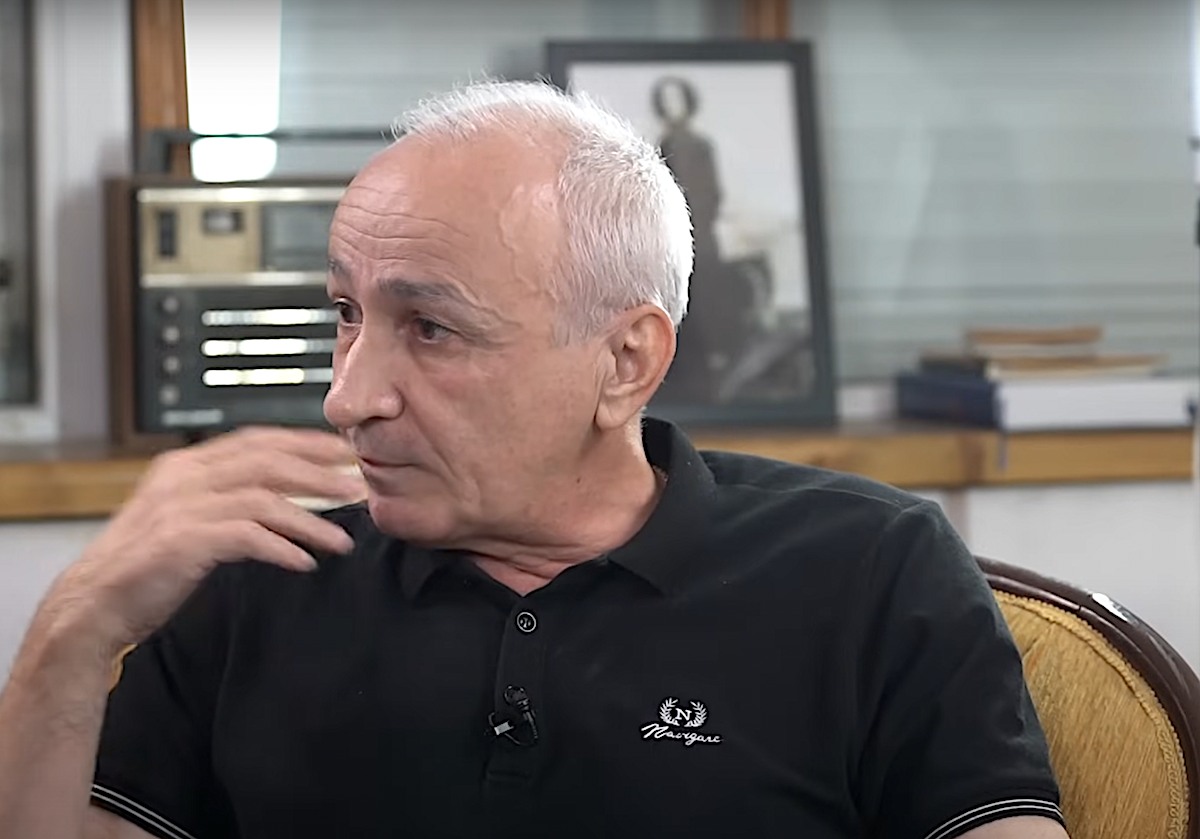"The President of Abkhazia is lobbying the interests of Russian oligarchs to stay in power." - Opinion
Russian investments in Abkhazia
The President of Abkhazia, Aslan Bzhania, is making every effort to persuade the parliament to support the agreement on favorable conditions for Russian investments. With the help of loyal politicians and media, Bzhania is promoting the narrative that this agreement is vital for Abkhazia.
At the same time, the president and his team are openly hinting that if the parliament does not approve the agreement, it will be perceived as an anti-Russian act, and opponents of the agreement will be stripped of their Russian citizenship.
Despite pressure from the president, the parliament is reluctant to approve the agreement in its current form, as many deputies believe it will spell the end for local Abkhaz businesses, and possibly for Abkhazia itself.
There is a widespread and justified belief in the republic that Abkhaz entrepreneurs, lacking any support, are completely unable to compete with large Russian businesses, which would be exempt from taxes and customs duties, and granted preferential rights to various services—from land allocation to connection to infrastructure and communication networks.
The Abkhaz opposition has even dubbed the agreement a “colonial” project.
However, one of the opposition leaders, Adgur Ardzinba, makes a clarification: it is not the Kremlin pushing for such a bad agreement, but rather individual Russian oligarchs whose interests in Abkhazia are represented by President Aslan Bzhania.
Developing this idea further, the opposition claims that it was not the Kremlin that rejected the amendments and comments proposed by the deputies to the draft agreement, but rather a lawyer from the company MANTERA, which belongs to Russian oligarch Alexander Tkachov.
The authorities have yet to deny the claim that the amendments were sent for approval specifically to the company MANTERA.
- Abkhazia ratifies agreement with Russia on “mutual recognition of court decisions in economic matters”
- “Abkhazia’s strained relations with Russia are the president’s fault.” Interview with an Abkhaz oppositionist
However, it would be wrong to completely deny the Kremlin’s interest in promoting this agreement, as the stalled signing is one of the criticisms Russia directs at the Abkhaz authorities and one of the reasons for the crisis in Russian-Abkhaz relations.
Yet, as they say, the truth may lie “somewhere in the middle.” In other words, the Kremlin is keen for such an agreement, guaranteeing investments in Abkhazia, to be adopted, but it wouldn’t necessarily insist on every single detail.
Thus, the interest in the specifics of the agreement could very well be personal, but presented as a state matter.
I have no doubt that certain Russian oligarchs are interested in having the agreement passed in its current form.
But what is Aslan Bzhania’s interest in this?
Here’s why: soon, Abkhazia will hold another presidential election, and Bzhania, whose approval rating is extremely low, will only be able to win if he secures a large amount of money. This money would be necessary not only to meet the everyday needs of the electorate but also to appease a portion of the elites.
There is no source for such funds within Abkhazia. The money could come either from the Kremlin or from Russian oligarchs.
For the Kremlin, it doesn’t really matter which candidate it backs in the upcoming election. Any Abkhaz president will cooperate with Moscow, so there’s no specific reason for it to support Aslan Bzhania.
Thus, the Kremlin is unlikely to act as a “sponsor” for his campaign, leaving Bzhania with only the hope of support from the oligarchs. Securing this support is what he is trying to do by pushing the parliament to approve the investment agreement as quickly as possible.
Terms, place names, opinions and ideas suggested by the author of the publication are her / his own and do not necessarily coincide with the opinions and ideas of JAMnews or its individual employees. JAMnews reserves the right to remove comments on posts that are deemed offensive, threatening, violent or otherwise ethically unacceptable.





















